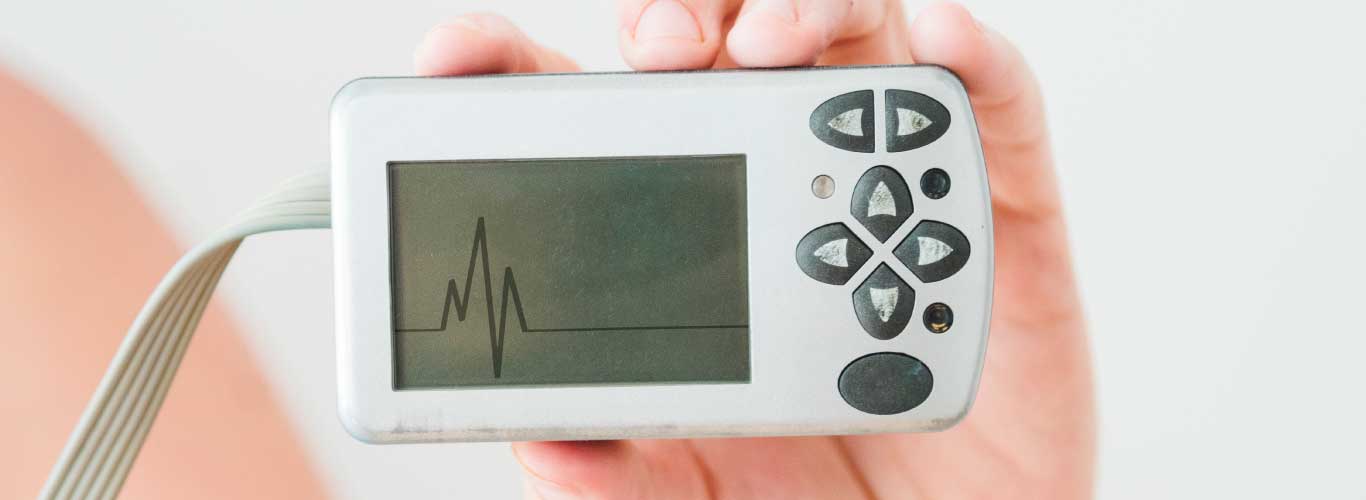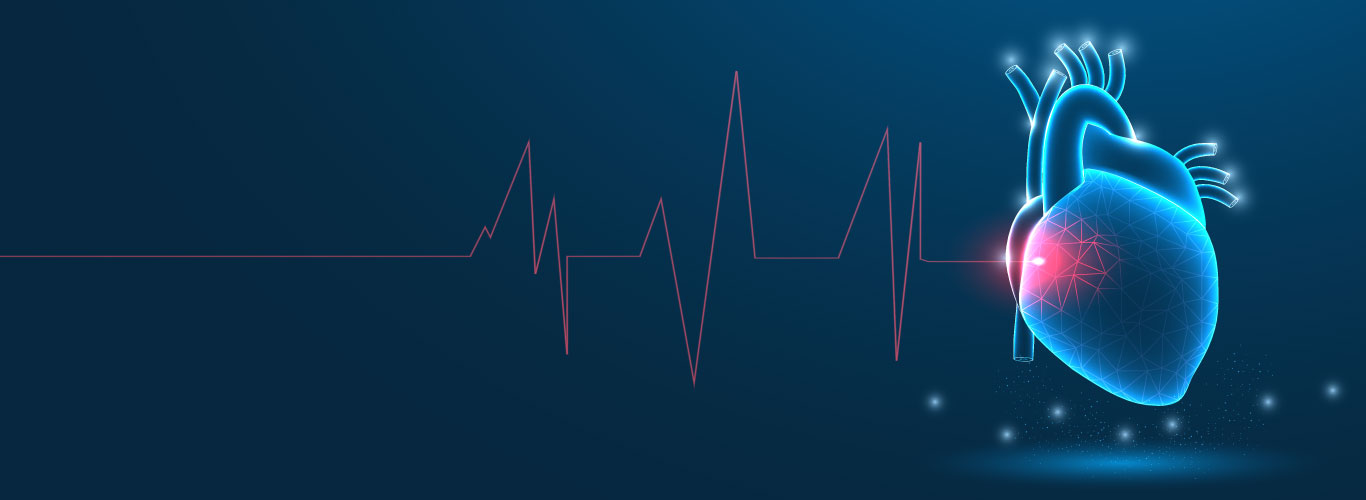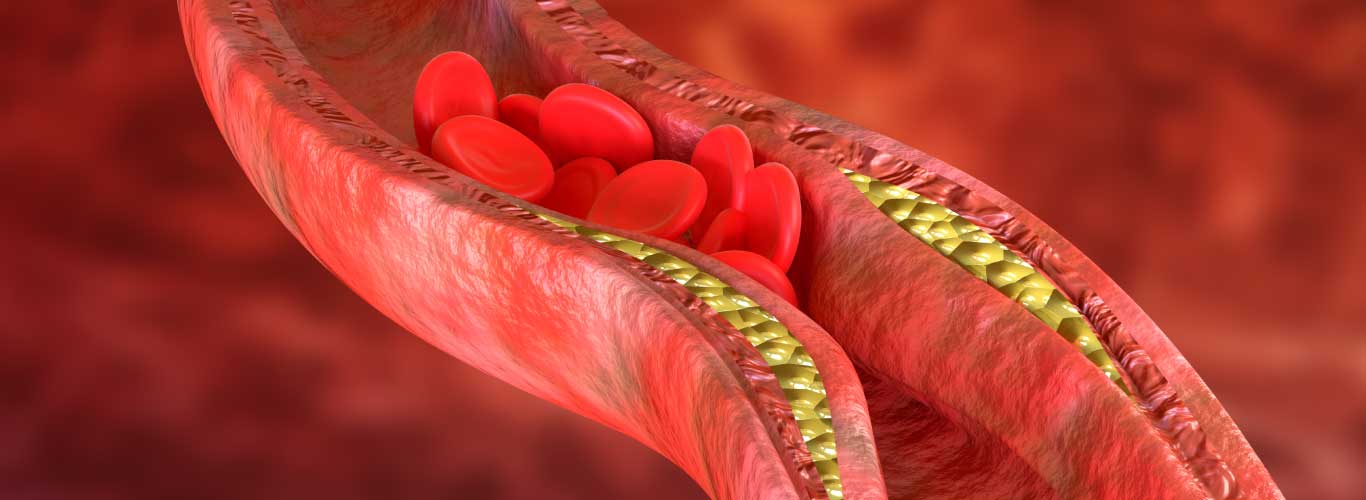
Angina: Symptoms, Causes, and Diagnosis
Angina is commonly known as chest pain, which occurs due to a lack of blood supply to the heart causing discomfort with squeezing and pressure in the chest.

Angina is commonly known as chest pain, which occurs due to a lack of blood supply to the heart causing discomfort with squeezing and pressure in the chest.

Depression and heart disease are highly likely to be linked in a number of ways. Depression may cause heart diseases and vice-versa is also possible.

Arrhythmia is a condition where the heart beats irregularly or abnormally (either too slow or fast). It refers to the changes in the heart’s electrical signals.

Coronary Artery Disease occurs when the blood vessels or arteries that supply oxygen, blood, and nutrients to the heart become impaired or damaged.

When the pressure on the blood vessels during pumping of the blood by the heart increases up to higher levels, it causes High Blood Pressure.

Heart Failure is a serious condition where the heart is unable to supply a sufficient amount of blood to the body due to narrowed or blocked arteries.

Anxiety can interfere with the functioning of the heart, which may increase the strain on the heart. It can worsen the condition of people with heart disease.

Cardiac Arrest is a serious heart condition where the heart abruptly stops functioning (pumping blood around the body) and beating.

Peripheral Arterial Disease or PAD is the form of cardiovascular disease, which affects the blood vessels that are located outside of the brain and heart.

Heart Attack is also known as Myocardial Infarctions (MI), which means the death of tissue due to insufficient or lack of blood supply.to the heart.